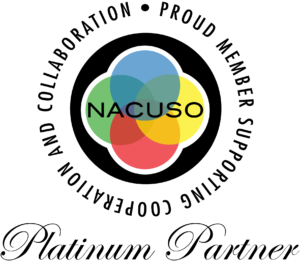Communications Protocols For File Transmissions
- Electronic communications via SFTP (SSH File Transfer Protocol) – This is our preferred method of file transfer for pick-up and delivery. Provides secure, encrypted file transfer with capability for both delivery and pick up. CU*Answers uses GoAnywhere Director to send and receive data across the vendor/partner network via ‘projects’. This allows a project to called anywhere within the cuasterisk.com partner network and can provide e-mail notification of success, failure, and informative updates. Files can be accessed for pickup or dropped off at our secure GoAnywhere Services server. Contact our Production Center or the CU*Answers Application Programming Team for further information.
- File Transfer Protocol over SSL (FTPS) – We also support file transfers via FTPS using the GoAnywhere tools as noted above.
- Electronic communications via FTP (File Transfer Protocol) – We can support encrypted FTP over the public Internet as well as over VPN and private frame relay circuits. Access to CU*Answers FTP servers are restricted and must be administratively enabled. Security requirements for FTP are:
- File must be encrypted using industry-standard Public Key Infrastructure (PKI) technology.
- PKI software uses public and private keys to protect data. PKI encryption is non-reversible meaning data encrypted with a users’ public key cannot be decrypted without the private key, and the private key cannot be derived from the public key.
- We do not support unencrypted file transmissions.
- PGP or GPG are the preferred PKI encryption software packages
- If we are sending files, you will be supplied with our public key that will allow file decryption using PGP or GPG software. If we are receiving, you must supply us with your PGP or GPG public key.
- Methods which require accessing point-and-click websites, secure file transfer utilities, and token secured access can be supported but are not standard /preferred data transfer methods. As they are considered non-standard, there may be premium charged for implementation and for processing because of the increased overhead in supporting non-standard transfer processes.
- We do not support file transfers over dial-up modem.















